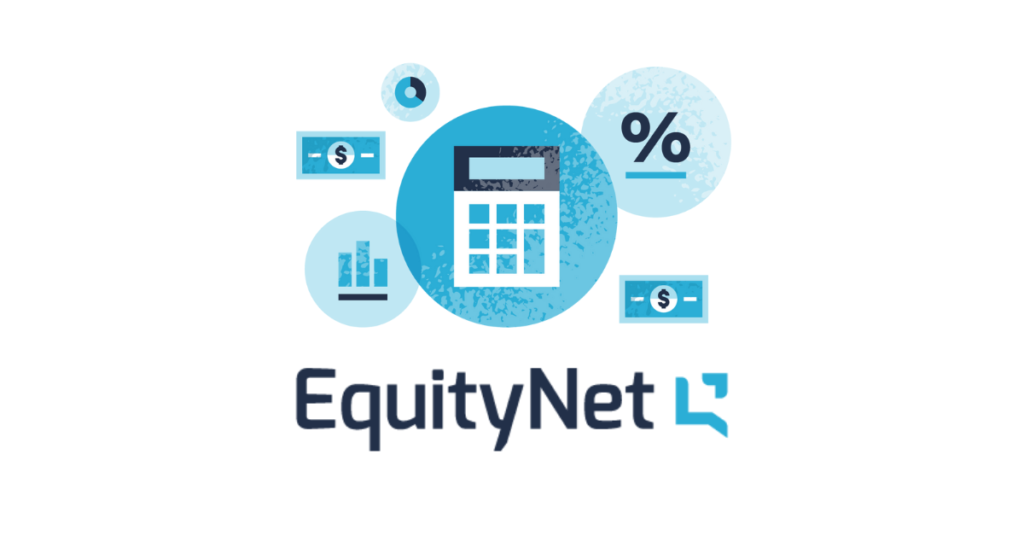As a small business owner, securing funding is often one of the most challenging yet crucial aspects of growth. Private investors can provide the capital and expertise needed to propel your business forward, but finding the right investors requires strategy and preparation.
What are Private Investors
Private investors, also known as angel investors or venture capitalists, are individuals or firms that invest capital in businesses in exchange for equity or ownership stakes.
Unlike traditional lenders, they often offer more flexible terms and are willing to take higher risks in exchange for potential high returns.
6 Key Steps to Finding Private Investors
Finding the right private investors involves several strategic steps that can significantly impact your business’s growth trajectory.
1. Define Your Funding Needs
Before seeking investors, assess how much capital you need and what you will use it for. Investors will want to see a clear plan for how their funds will be utilized to drive business growth and profitability.
2. Prepare a Compelling Business Plan
When you’re looking to attract private investors, having a solid business plan is key. This plan needs to cover your business model, the market you’re targeting, what sets you apart from competitors, your financial projections, and how you’ll use investor funds to hit your goals.

We suggest using EquityNet’s software. It’s completely free and helps you create a tailored business plan faster and more affordably than traditional methods. EquityNet walks you through outlining your business idea and only asks for the most crucial information for both your business and potential investors. With over 100 helpful notes, their system is educational and prepares you well for engaging with outside parties, no matter where your business currently stands.
Once your plan is ready, you can share it with hundreds of EquityNet members, including consultants, grant providers, angel investors, and venture capitalists. EquityNet’s streamlined process allows investors and supporters to dive deep into your plan and understand your opportunity thoroughly, increasing your chances of effectively communicating your message, receiving support, and securing funding.
3. Research Potential Investors
Identify potential investors who have a track record of investing in your industry or similar businesses. This targeted approach increases your chances of finding investors who understand your market and are likely to be interested in your business.
– Look for investors through industry networks, angel investor groups, or venture capital firms.
– Attend networking events and industry conferences where investors may be present.
4. Craft a Persuasive Pitch
Your pitch to potential investors should be clear, concise, and compelling. Highlight what makes your business unique, your growth potential, and why you believe the investor would be a strategic partner.
5. Build Relationships
Building trust and rapport with potential investors is essential. Investors often invest in people as much as they invest in ideas. Be transparent, demonstrate your commitment to success, and be prepared to answer tough questions about your business.
– Schedule meetings or calls to discuss your business vision and investment opportunity.
– Provide regular updates on your business progress to maintain investor interest.
6. Negotiate Terms and Close the Deal
Once you’ve found interested investors, negotiate the terms of the investment. Consider factors such as equity ownership, valuation, investor involvement, and exit strategies. Work with legal and financial advisors to ensure the terms are fair and align with your business goals.
Wrapping it Up
Securing private investors for your small business can be a game-changer, providing not just capital but also strategic guidance and industry expertise.
By following these steps—defining your needs, preparing a compelling pitch, and building relationships—you can increase your chances of finding the right investors who believe in your vision and are willing to support your growth.
Frequently Asked Questions
1. How do I know if my business is ready for private investors?
Assess your business’s growth potential and funding needs. If you have a clear strategy for growth and can demonstrate market traction, you may be ready for private investors.
2. What are some alternative sources of funding for small businesses?
Alternative funding sources include loans, grants, crowdfunding, and strategic partnerships with other businesses or investors.
3. How much equity should I offer to private investors?
The amount of equity offered depends on factors such as the amount of capital needed, the investor’s contribution (beyond capital), and the business’s valuation.
4. What should I include in my business plan for investors?
Your business plan should include an executive summary, market analysis, product or service description, marketing and sales strategy, financial projections, and funding requirements.
5. How can I find industry-specific investors?
Research industry associations, conferences, and online platforms that connect entrepreneurs with investors specializing in your industry.






